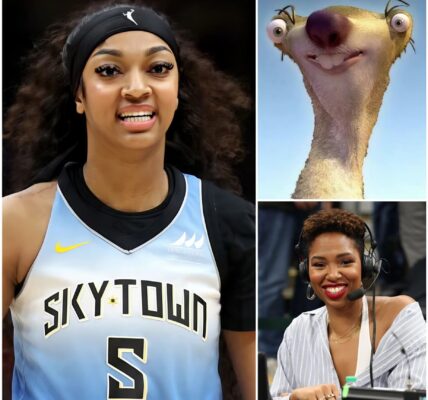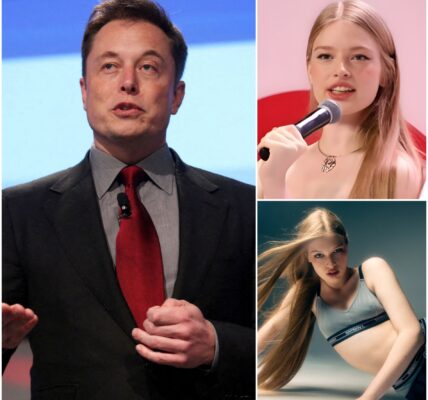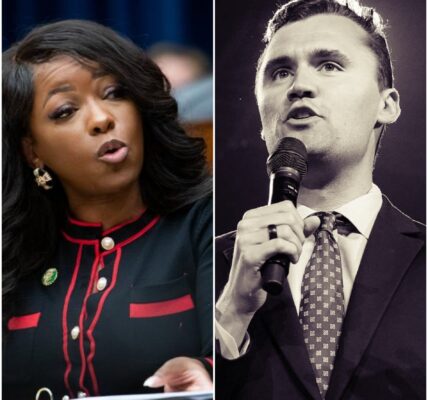Elon Musk Faces Massive Backlash After Criticizing Bad Bunny’s Upcoming Super Bowl Halftime Show
Elon Musk Faces Massive Backlash After Criticizing Bad Bunny’s Upcoming Super Bowl Halftime Show
Elon Musk, the billionaire CEO of Tesla and owner of X (formerly Twitter), is facing widespread criticism after publicly questioning the NFL’s decision to have Puerto Rican superstar Bad Bunny headline the 2026 Super Bowl halftime show, suggesting that “non-English” performers shouldn’t be featured at “America’s biggest cultural event.”
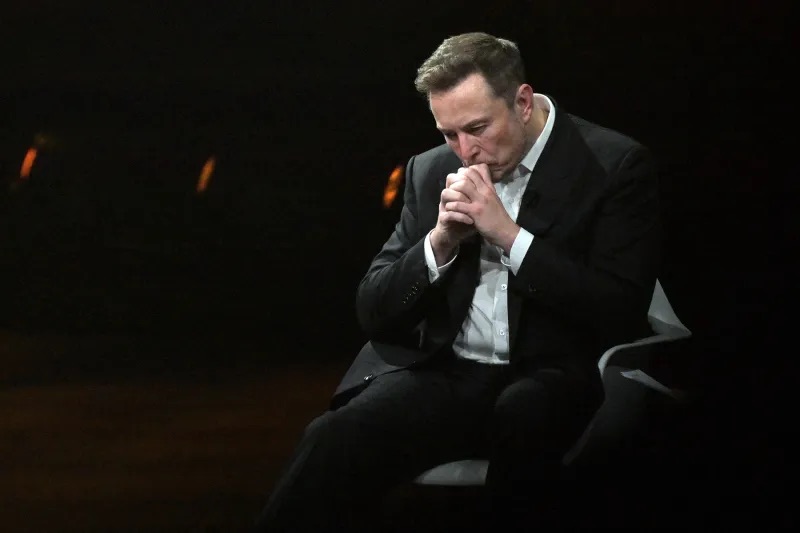
Musk, 54, made the remarks Sunday on his own social media platform X, responding to a post from conservative commentator Benny Johnson, who described Bad Bunny as a “massive Trump hater” and “anti-ICE activist.” Johnson also criticized the artist for having “no songs in English” and accused the NFL of “destroying itself year after year.”
Musk replied to Johnson’s post with a short but cutting comment:
“Maybe the Super Bowl should be in English? 🤔”
Within hours, his post had received millions of views — and an avalanche of backlash from fans, musicians, and even some of his own followers, who accused him of ignorance and intolerance.
The NFL’s Big Announcement
The NFL announced over the weekend that Bad Bunny will headline the Super Bowl LX halftime show, which will take place in February 2026. The Grammy-winning reggaeton and Latin trap artist — one of the most streamed musicians in the world — confirmed that his entire performance will be in Spanish.
“This show will celebrate Latin culture, energy, and music,” Bad Bunny wrote on his Instagram account. “I’m proud to represent my people and share my language with the world.”
The announcement was celebrated across Latin America and among millions of fans in the U.S., where Bad Bunny’s popularity has surged in recent years. His last world tour grossed over $400 million, and he’s become a global icon for modern Latin music.

Musk’s Tweet Sparks Cultural Firestorm
But Musk’s brief comment quickly set off a storm online. Critics accused the world’s richest man of promoting cultural exclusion and misunderstanding the diversity of his own user base on X.
One reply that went viral read:
“You know Spanish is spoken by 41 million Americans, right? America doesn’t even have an official language.”
Another user posted:
“Elon, you literally run a global company and employ thousands of people around the world. Maybe learn what ‘global’ means.”
Others mocked Musk for trying to police music genres.
“We went from launching rockets to complaining about Bad Bunny. What a downgrade,” one user wrote.
The backlash was so intense that the hashtag #ElonMuskIsOverParty trended on X for several hours Sunday night — ironically, on Musk’s own platform.
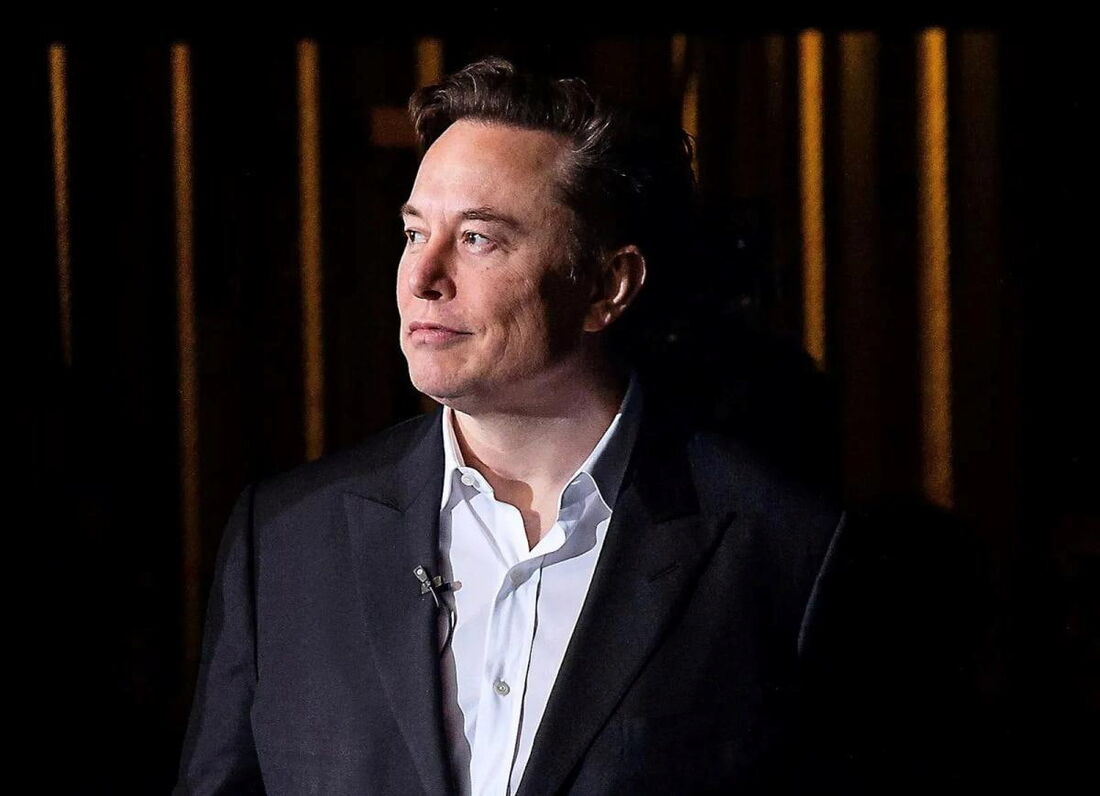
Musk’s History With Controversy
This isn’t the first time Musk’s posts have sparked outrage. The billionaire has a long track record of using social media provocatively, often blurring the line between humor and political commentary.
He’s previously weighed in on topics ranging from U.S. immigration policy to gender identity and the media. In 2023, he was criticized for endorsing a post described as “antisemitic” before later deleting it.
Media analyst Carla Jennings told Reuters:
“Musk knows exactly what he’s doing. He thrives on controversy. Every viral argument on X increases engagement — which, in his mind, means growth. But the cultural cost of that kind of engagement can be huge.”
Supporters Rally Behind Musk
Not everyone disagreed with Musk’s comment. Some of his supporters defended his right to express his opinion and argued that the Super Bowl should focus on English-language performances.
One reply with over 100,000 likes read:
“He’s right — it’s the American Super Bowl. It should reflect American culture, not global trends.”
Another wrote:
“People are so sensitive. He didn’t say cancel Bad Bunny, he just said the halftime show should be in English. Free speech still matters.”
Yet others pointed out the irony that “American culture” itself has always been built by immigrants and diverse influences — including Latin music.
Bad Bunny Responds Subtly
While Bad Bunny didn’t address Musk by name, he appeared to respond to the controversy Monday afternoon with a cryptic post on X:
“Music has no borders. See you all at the Super Bowl. ❤️🔥🇵🇷”
His fans flooded the post with messages of support, calling him “the voice of a new generation” and thanking him for bringing Spanish-language music to the Super Bowl stage.
The artist, whose real name is Benito Antonio Martínez Ocasio, has long been an advocate for Latino visibility, LGBTQ+ rights, and social justice issues in Puerto Rico.
Public Figures React
Celebrities and public figures also weighed in on Musk’s comments.
Musician John Legend tweeted:
“Let’s not pretend English is the only language that matters in America. Music connects people. That’s the point.”
Actress Eva Longoria wrote:
“Bad Bunny performing in Spanish at the Super Bowl is exactly what representation looks like. We should be proud — not petty.”
Even some tech industry peers distanced themselves from Musk’s stance. Apple CEO Tim Cook liked several tweets supporting Bad Bunny, while Spotify’s official account posted, “Music speaks every language.”
The NFL Stands By Its Choice
Despite the uproar, the NFL confirmed that it would not reconsider its decision. In a short statement released Monday evening, the league said:
“The Super Bowl halftime show has always reflected the diversity of our fans. Bad Bunny is one of the most influential artists in the world, and we’re thrilled to have him on our stage.”
Marketing experts say the league’s commitment is strategic — aimed at attracting younger, multicultural audiences and international viewers.
Musk Doubles Down
Late Monday night, Musk posted again on X, apparently responding to the backlash:
“People are losing their minds over a tweet. Relax. I just prefer lyrics I can understand. Still wish him well.”
The comment did little to calm the storm. Critics accused him of “backtracking without apologizing,” while others mocked him for trying to sound reasonable after igniting the controversy.
Conclusion
What started as a casual comment by Elon Musk has turned into yet another flashpoint in America’s ongoing culture wars. His criticism of Bad Bunny’s Spanish-language Super Bowl performance has exposed deep divisions over identity, language, and what it means to be “American.”
For Bad Bunny, the controversy may only fuel excitement ahead of his historic halftime show. For Musk, it’s another reminder that even a single emoji-laced tweet from the world’s richest man can shake up both the internet — and the cultural conversation — overnight.

